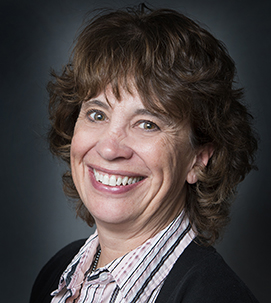MEDA 1800: Phlebotomy Principles in Practice (3 credits)
Phlebotomists are skilled healthcare workers who perform blood collection procedures and prepare samples for lab analysis. Career opportunities include hospitals, laboratories, outpatient surgery centers, doctors’ offices, and clinics. Phlebotomists may also find employment in dialysis and blood donation centers, and community health fairs.
A career in phlebotomy has a quick training period and a secure job market. If you like helping others and meeting new people on a daily basis, this may be the job you’re looking for. A career in phlebotomy may also serve as a stepping stone. Working alongside other healthcare professionals will help toward gaining an understanding of the various roles. Some career paths of phlebotomy-certified individuals include nursing, medical assisting, ECG technician, and medical lab tech. As you gain more experience, you will open yourself up to new opportunities.
This one-semester hybrid course combines online classroom instruction with hands-on activities in the campus lab. Topics include patient identification, specimen collection, labeling vials, diagnostic testing, documenting lab results, and specimen storage and transport. Because phlebotomists collect blood and are at risk for exposure to a variety of diseases, an emphasis on universal precautions helps to ensure their safety and that of their patients.
Students who meet the minimum number of venipunctures and capillary punctures are eligible to take the phlebotomy certification examination through the National Center for Competency Testing to earn the title NCPT (National Certified Phlebotomy Technician).




